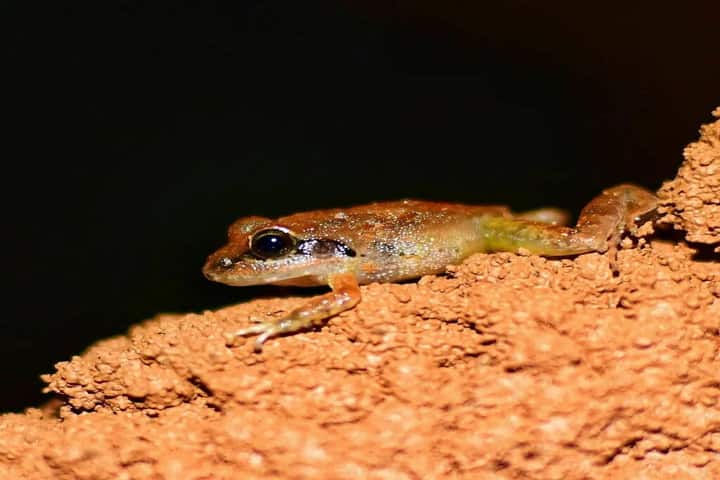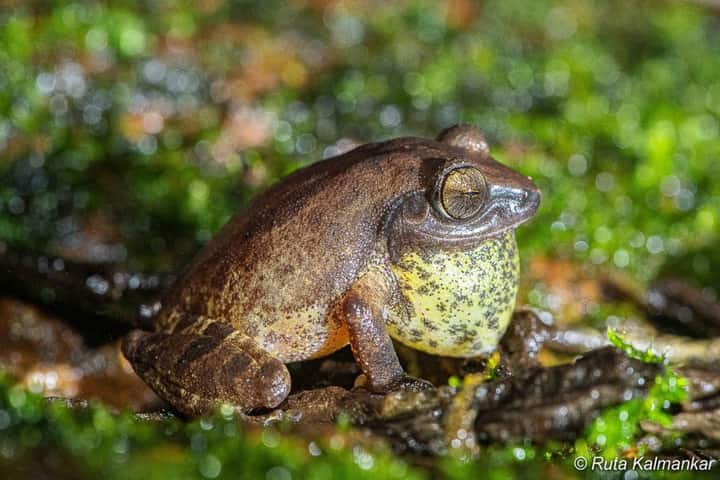It is not necessary that alteration of forests and jungles to other land uses will affect the wildlife it sustains. This came to the fore in the research done by Council of Scientific & Industrial Research-Centre for Cellular and Molecular Biology, Laboratory for the Conservation of Endangered Species, Hyderabad, and Sonipat’s Ashoka University which studied how cashew plantations in Maharashtra’s Sindhudurg affected amphibians.
Located in western Maharashtra, Sindhudurg which lies between Western Ghats and the Arabian Sea is home to wild animals like wild cats, leopard, wild hen, rabbit and wild buffaloes. More importantly, it has more than 250 threatened species of amphibians which are unique to the region.
While change in land use results in difficulty for amphibians to survive, in case of Sindhudurg it did not impact adversely and on the contrary served as a new habitat.
Talking about this, Dr. Karthikeyan Vasudevan, the lead researcher said: “Land use by humans has varied impacts on local biodiversity. This study provides an opportunity to document and improve upon the positive outcomes for biodiversity in a certain land use practice. Since cashew cultivation employs many, especially women, this agroforestry could be looked at more closely to harmonise biodiversity conservation in the region.”
The study team has found that the cashew plantations hold a near-equal abundance of anurans, an order of amphibians which includes frogs, toads and tree frogs located in the interiors and forest edges.

Across the world, agroforestry is being re-evaluated for its ability to capture carbon. While cashew, a cash crop, not only provides livelihood to people, its biodiversity value definitely merits consideration in the Western Ghats.
The scientists went on to add that production of cashew and its market need to be comprehended before its frog-friendly cultivation is suggested. “Organic farming techniques and certification might provide added benefits for locals and promote the value of this production system to target exports,” they observed.
Details of the study were published in Biotropica, the Association for Tropical Biology and Conservation journal.
Apart from Vasudevan, others in the study team included Krishna Pavan Kumar Komanduri and Gayathri Sreedharan.




















